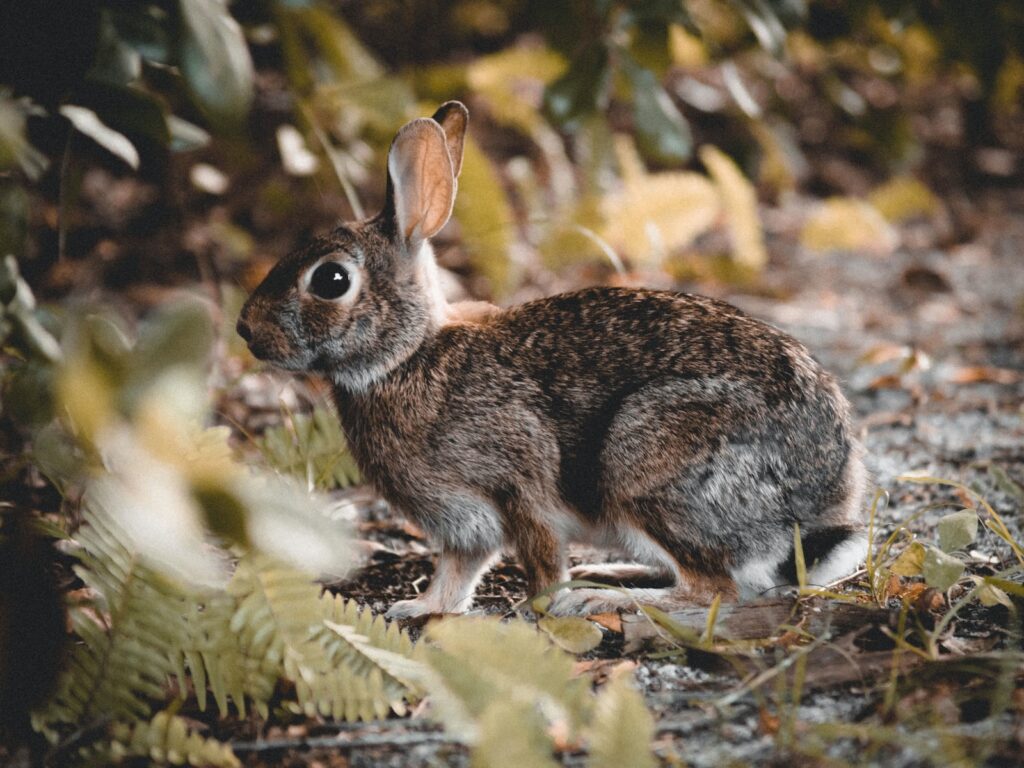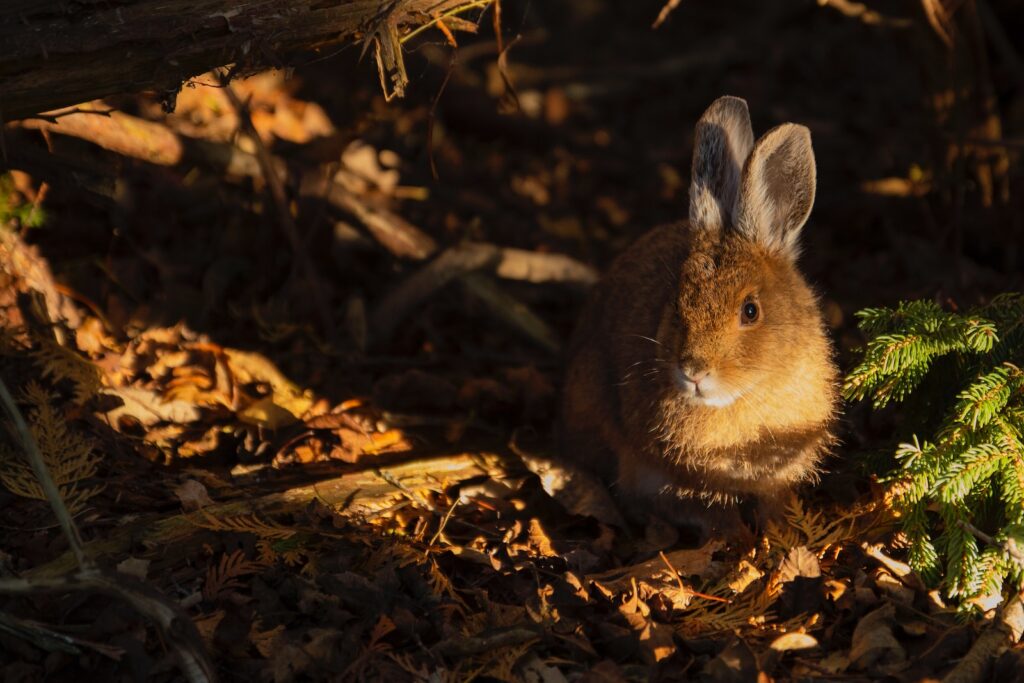Is Kale a Good Fit for Bunnies? – Yes, In Moderation
For those who adore their furry friends, it’s crucial to know that rabbits can eat kale, yes, but it should be given in moderation. Kale is packed with beneficial nutrients that can contribute to a rabbit’s diet; however, it’s important to balance it with other foods to ensure your bunny stays hopping happily.
What Goodness Does Kale Bring to Rabbits?
- Kale is rich in vitamins A, C, and K, which are essential for a rabbit’s immune system and blood clotting processes.
- It provides antioxidants that can help reduce the risk of chronic diseases.
- The high fiber content in kale is great for a rabbit’s digestive health.
- It also includes important minerals like potassium and magnesium that keep a rabbit’s body functions well regulated.
How Often Should Bunnies Munch on Kale?
Rabbits enjoy leafy greens, and while kale is a nutritional powerhouse, it’s best to offer it as part of a diverse diet. Introduce kale gradually and serve it a few times a week as part of a rotation with other suitable vegetables. A small handful of kale to start with is sufficient for your bunny, while watching for any changes in their digestion or behavior.
Important Considerations When Feeding Kale to Rabbits
While kale can be a healthy addition to your rabbit’s diet, it’s important to consider that it contains goitrogens, which can affect thyroid health, and oxalic acid, which in excess could lead to urinary issues. To prevent these potential problems, variety is key. Ensure that kale is not the only leafy green you feed your rabbit, and always provide plenty of fresh water.
Can Other Pets Enjoy Kale Too?
Many pets can have kale as part of a healthy diet, but it’s not suitable for all. For example, while some reptiles may enjoy kale, others might be more sensitive to its effects. Like rabbits, moderation and variety are crucial when offering kale to other pets. Always research or consult with a vet to determine if kale is safe for your particular pet.
Conclusion
In summary, kale can be a beneficial component of a rabbit’s diet when offered responsibly. It is full of vital nutrients that support overall health, but due to its goitrogens and oxalic acid content, it must be fed in moderation. It’s best practice to rotate it with other vegetables to keep your bunny both happy and healthy. Remember, a varied diet is key to a thriving pet!



